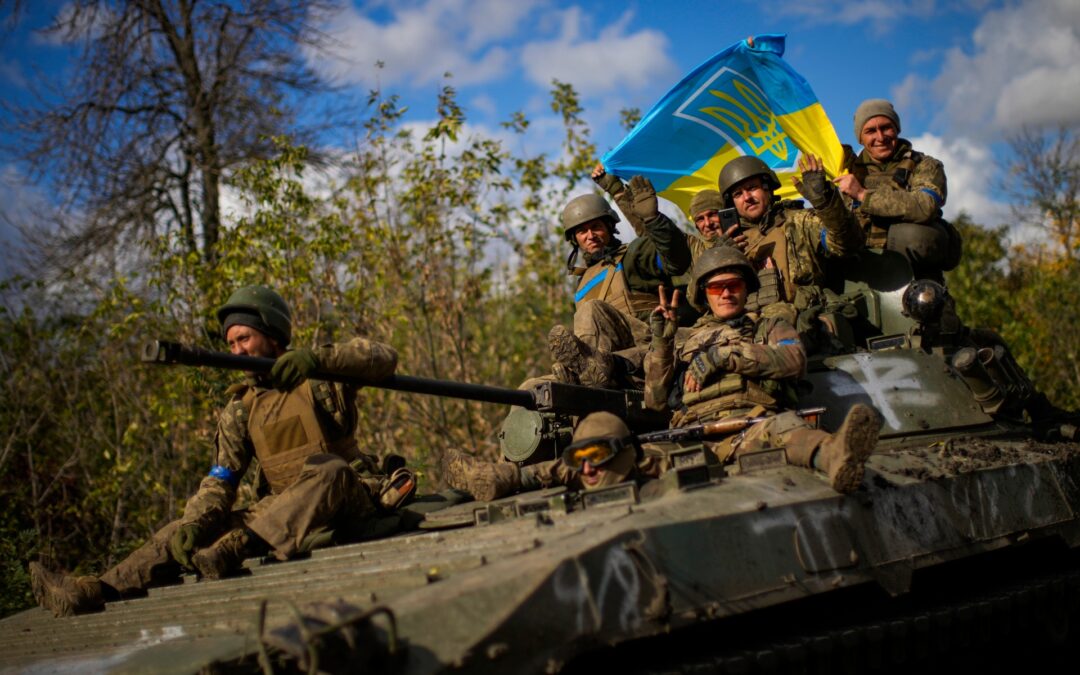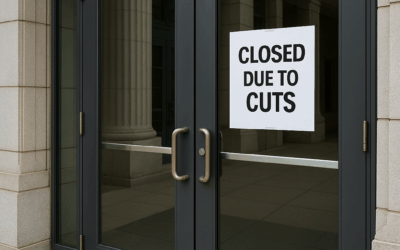Miscalculations
If the Russian invasion of Ukraine is any indication, the Kremlin has made a number of miscalculations. It is likely that the invasion will spawn a military stalemate that will result in further militarization of Europe. This would reinforce the growing geopolitical divide between Russia and the West.
The Kremlin underestimated the strength of the Western response. Putin was convinced that the West and Europe could not mount a meaningful response to his invasion. He also dismissed the importance of legitimacy. Moreover, he did not take the Ukrainian military seriously.
A major miscalculation was the failure of the Russian air force to support the ground forces effectively. Combined with the poor performance of the ground troops, this stymied any real progress.
Another miscalculation was Putin’s failure to understand the Ukrainian population. After the Maidan revolution, a strong sense of solidarity grew among the Ukrainian people. However, most Ukrainians still regard the Kremlin as an enemy.
In addition, the Kremlin’s prewar plans to occupy Donbas (which comprises the provinces of Donetsk and Luhansk) did not make much sense. While the Ukrainians fought well, they did not overwhelm the Russians. As a result, the Russians’ objectives became more unclear as the war went on.
The Kremlin’s miscalculations have been rooted in a fatal flaw in its worldview. Putin lives in constant fear of threats to Russia’s sovereignty. His worldview is shaped by his KGB experience. And his paranoia is not limited to geopolitical concerns.
Miscalculations in Russia’s invasion of Ukraine are also rooted in Putin’s failure to adequately evaluate the political implications of the invasion. The Kremlin has not offered a credible case for self-defence. Furthermore, the Russians have shown little interest in negotiating an end to the war.
Poor communication
The invasion of Ukraine by Russia has been a terrible military and political disaster. Its failure will be studied as the biggest political and economic failure of all time.
Russia underestimated the Ukrainian people and their tenacity in the fight against its forces. Western observers knew this.
During the first weeks of the war, Russia came close to capturing Kyiv. However, the Ukrainians fought back with remarkable skill.
While Putin’s objectives were clear – to occupy two-thirds of the country and to bring the West to its knees – his strategy went wrong. He underestimated the leadership of Ukraine’s President Volodymyr Zelenskyy and failed to recognize the commitment of the Ukrainian people to a democratic future.
The Russians also misjudged their own military system. They did not have an effective modernization plan. Their inability to withstand heavy attacks from the Ukrainians resulted in catastrophic losses.
Putin’s inexperience also played a role in his poor decisions. In the war, Russian soldiers have died by the hundreds.
The invasion has also led to a deepening of the national identity of the Ukrainian people. Most Ukrainians now regard Russia as their enemy.
A poll conducted in August revealed that nearly 80 percent of the Ukrainian population self-identified as Ukrainian. Only 2% of the population has a positive view of Russia.
The Kremlin’s lack of understanding of the Ukrainian nation’s history has further harmed the Ukraine’s democratic reputation. Among other things, the Russians have promoted misleading narratives to discredit the country’s democracy.
These misconceptions were a result of Russia’s lack of understanding of the cultural differences between the two countries. In fact, Ukraine and Russia shared many aspects of their cultures.
Widespread confusion
Despite the fact that Russia’s invasion of Ukraine has cost the country’s economy billions of dollars and thousands of lives, it is still being lionized by a plethora of fads, rumors and conspiracy theories. So, what is the real story? What has Russia been doing in the lead up to and since the conflict? The aforementioned may be a matter of personal choice, but there are several reputable sources of information, both governmental and otherwise, that can be consulted to get a better understanding of what is going on.
First and foremost is a careful assessment of the kinetic forces at play. While Russian troops are taking potshots at each other, the country’s civilians are left to deal with a variety of challenges from both sides. Secondly, a thorough evaluation of Russia’s arsenal of offensive weapons, ranging from artillery to drones to snipers and missiles, will allow a fair assessment of the actual damage. In addition to this, a more formal analysis of the intelligence gathered by Russia’s security services should be undertaken. There are a number of spies on the ground and many more in Moscow, and the cynic in me believes that this is just the beginning.
It is also worth noting that while there has been plenty of handwringing on the matter, there have been a number of high profile cyber attacks on Ukraine’s infrastructure, notably the dreaded Ukrainian banking system and Ukraine’s most cherished national asset, its national defense force. This, coupled with the fact that many of the country’s leading companies have been stung by the Russian juggernaut, points to the fact that Moscow hasn’t put its best foot forward.
Cost to Russia of Nord Stream 2 pipeline
Nord Stream 2 is an underwater pipeline that connects Russia and Germany. It was designed to double the amount of gas transported between the two countries. During the building phase, a total of over $11 billion was invested in the project.
The construction of the project was financed by several European companies. These include the Austrian oil and gas firm OMV, German energy company Wintershall, and the French ENGIE. In addition, the project received funds from Shell and Uniper.
However, the project was criticized by European governments, including the U.S., because it was seen as increasing Europe’s dependence on Russian gas. Although some EU countries have supported the project, some were skeptical of its potential.
Nord Stream 2 was also criticized because it would not directly bypass Ukraine, which was an EU member state. Instead, it would supplement existing pipelines in Ukraine and Belarus.
Russia is currently supplying most of Europe’s natural gas through Ukraine. Because of the war in Ukraine, some Europeans are worried about the country’s vulnerability to Russia. Those concerns have fueled speculation that Russia will use the gas supply to gain leverage over Europe.
The cost of the project is estimated at around 9.5 billion euros. Gazprom has committed to providing up to half of the financing. Several European companies and companies in Russia have also expressed support for the project.
Nord Stream 2’s supporters argue that it will provide an alternative to the aging gas pipeline in Ukraine, which is a major bottleneck for gas deliveries. They argue that the pipeline will also help meet sustainability goals, and can help replace coal.
As for the opposition, some European politicians have voiced concern that the gas pipeline could strain the electricity grid. Some have also expressed fears that the pipeline would rob Ukraine of transit fees.
Lessons learned
The Kremlin’s invasion of Ukraine was it seems a spectacular blunder. But lessons from the blunder can be learned.
Russia has deployed an extraordinary array of cyber capabilities against Ukraine. In particular, it has leveraged open source information, signals intelligence, and human agents in elite Ukrainian political circles. It has also weaponized food supplies, refugees, and energy blackmail.
While these tactics have been effective in degrading Ukraine’s physical infrastructure, they have been ineffective at addressing the broader strategic issues of the conflict. For example, Russia’s attempts to disrupt the Ukrainian telecommunications network could be part of a larger attempt to isolate the Ukrainian population.
Russia has also leveraged massive stockpiles of Soviet-era munitions. They have been able to launch thousands of missiles against strategic Ukrainian assets. However, Russian cyber forces have not been fully integrated with other domains.
In the war’s early months, Russian data deletion attacks dominated. As of late June, 50 Ukrainian organizations had been hit. This tally includes both public and private institutions. Some of these attacks may have been an accidental result of a botched intelligence collection operation.
Despite this, there has been little public analysis of the impact of Russia’s cyber efforts. Western commentators have downplayed their role in the larger war effort.
But in practice, there are few good reasons to believe that cyber operations were particularly important. Despite the presence of major state-sponsored actors, their effectiveness against key targets would likely have been limited.
On the other hand, Ukraine has been given a huge cybersecurity boost by the world’s leading governments and companies. By the time of the invasion, Ukraine had invested considerable time and resources in its cyber defense ecosystem.
While the impact of Russia’s efforts to hack into Ukrainian government and military databases has not been conclusively determined, it is clear that the telecommunications network is a target for a cyber-directed effort to weaken Ukrainian command and control before a key battle.
Poor Norman







